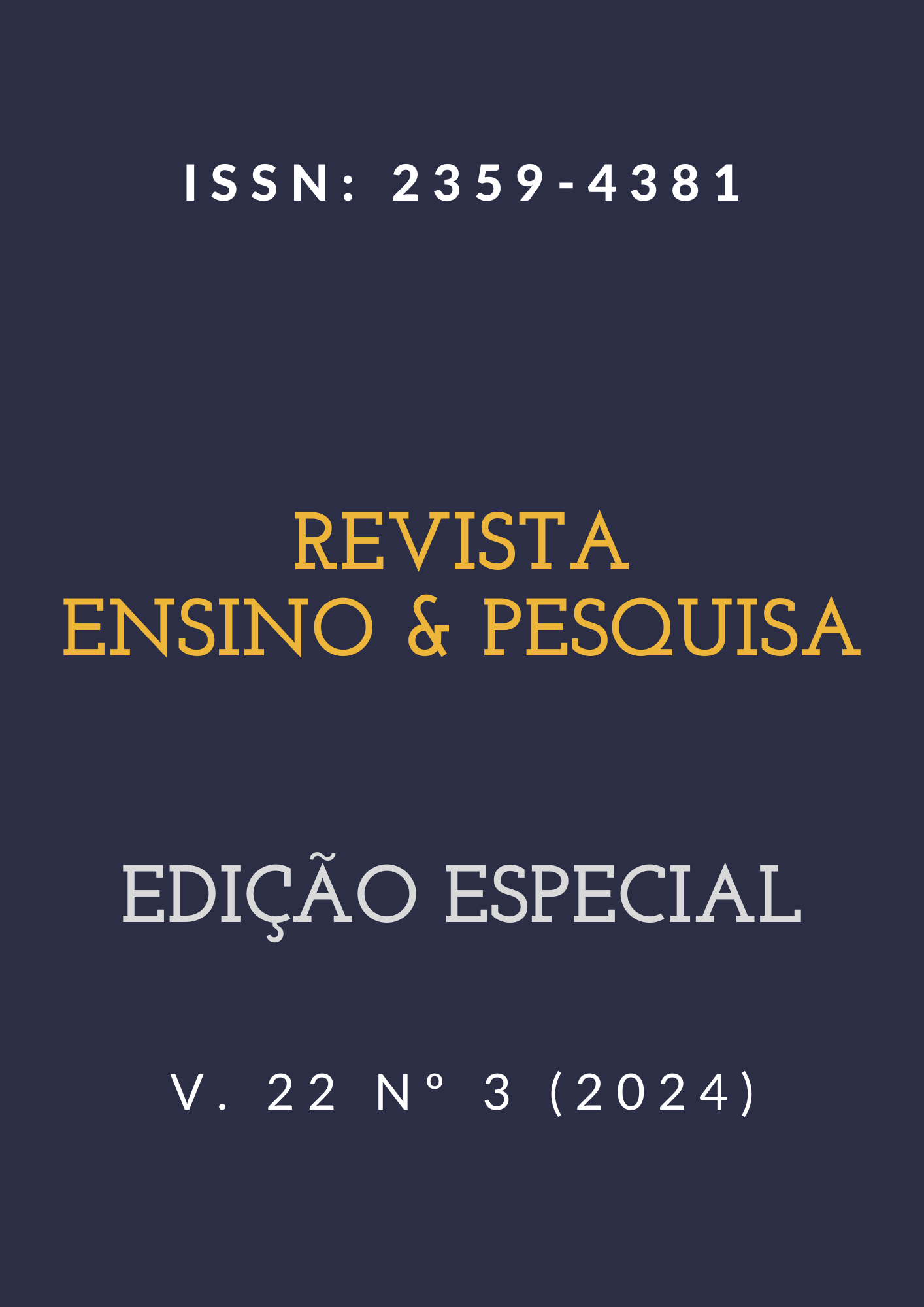Fundamentos Epistemológicos na Formação Continuada do Professor da Educação Básica: Diálogo entre Morin e Freire
DOI:
https://doi.org/10.33871/23594381.2024.22.3.9799Abstract
One of the main challenges in contemporary basic education is promoting the continuing education of teachers, encouraging them to critically reflect on their pedagogical practices and develop new competencies. This process aims to overcome conservative and reductionist approaches, characterized by fragmented and decontextualized knowledge, which still permeates much of educational practices. The purpose of this paper is to investigate how the principles of Edgar Morin’s complex thought (2003, 2008, 2011) and Paulo Freire’s transformative pedagogy (1996, 2022) can epistemologically support the continuing education of basic education teachers, aligning it with the demands of contemporary education. The qualitative and descriptive research is based on a bibliographical review of works and scientific articles that address complexity and transformative pedagogy. The analysis highlights converging aspects between Morin and Freire, such as dialogue, the collective construction of knowledge, holistic development, the appreciation of diversity, and inclusion. The conclusion is that continuing education based on these principles can help overcome pedagogical practices centered on the teacher and the transmission of content, promoting critical and reflective approaches that prioritize the holistic development and autonomy of students.

